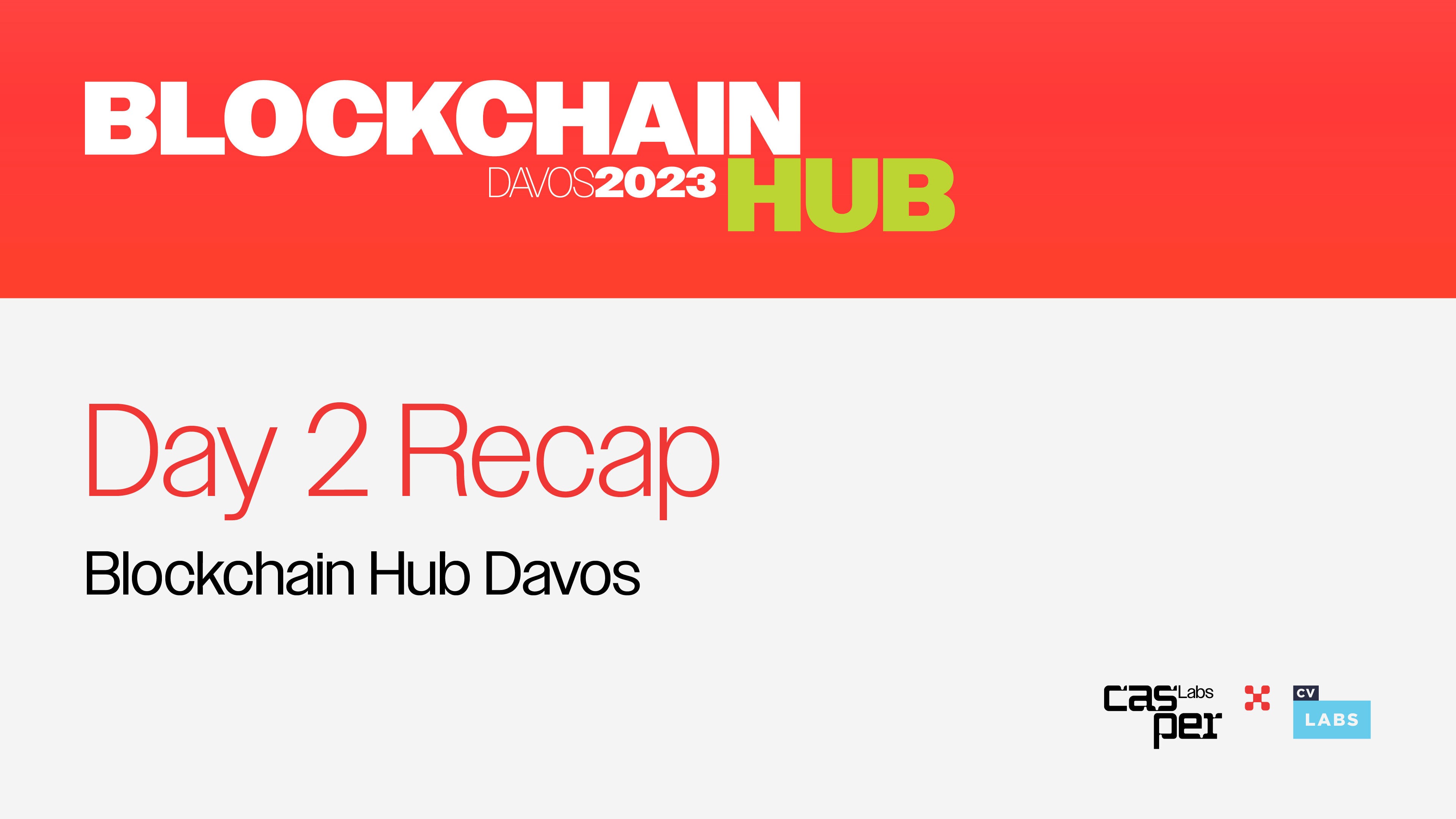Decoding Blockchain Solutions for Enterprises: Medha Parlikar Interview
Matt Coolidge
SVP of Global Communications
Blockchain technology is so much more than cryptocurrency—it’s a powerful solution to transform enterprise operations, from adding greater transparency to AI platforms and streamlining supply chains to accelerating financial services operations through smart contracts.
Though the technology is quickly gaining traction—our recent report showed that more than 75% of respondents are feeling positive and interested in adopting blockchain for their business—there are still questions that remain. We sat down with Medha Parlikar, the Chief Technology Officer (CTO) here at Casper Labs, to review some blockchain basics and ensure that business leaders understand exactly how blockchain works, and why it’ll fit seamlessly into their existing tech stacks to complement, not replace, their existing technologies.
Read on as she sheds light on the three primary types of blockchain deployments available for businesses, Casper Labs' approach to interoperability and integration, and the significance of working with familiar tools and systems within the enterprise environment.
What are the three main types of blockchain solutions available and what distinguishes them from each other? Which are best for enterprise use?
The three main types of blockchain solutions for enterprises are public blockchain, private blockchain, and hybrid blockchain. Public blockchains are suitable for high-value assets or information already in the public domain, such as home title information. Private blockchains, meanwhile, are ideal for sensitive information like medical data and customer data. Finally, hybrid blockchains combine private and public elements, allowing transactional data to be stored privately while asset transfers occur on a public blockchain.
Most recently, the Casper Association also announced the release of Casper 1.5, which is designed to increase the utility of public blockchain—especially for large organizations with sensitive data. Casper was already the only blockchain to enable upgradeable smart contracts. Now, Casper 1.5 offers even greater controls and enables the debugging of live, composable smart contracts on mainnet, making it an ideal fit for enterprise use.
Why is it essential for enterprise blockchain technology to work with the tools and systems that developers are already familiar with?
In enterprise settings, it is crucial for blockchain technology to work with tools and systems familiar to developers because it ensures ease of adoption and maintenance. Developers are often accustomed to specific toolsets and software stacks, and forcing them to switch to entirely new technology can be costly and inefficient. To maximize the value of blockchain in enterprises, it must integrate seamlessly with the existing systems and tools that developers are already proficient with.
What do enterprises need to understand about interoperability in the context of adopting blockchain technology?
Interoperability is highly significant in the context of blockchain adoption within enterprises because it allows different systems to communicate with each other effectively. In the case of blockchain, interoperability means that blockchain technology can seamlessly integrate with the existing software and tools used by enterprises. This ensures that data can be written to and read from the blockchain while maintaining compatibility with the broader technology stack. Interoperability is crucial for realizing the full potential of blockchain in an enterprise setting.
How does Casper’s blockchain prioritize integration with existing software ecosystems?
Casper focuses on interoperability and integration with existing software ecosystems to make blockchain technology accessible to enterprises. The platform recognizes that enterprises have already invested in various technologies and tools over the past few decades. Casper aims to seamlessly integrate blockchain into these systems, allowing enterprises to use blockchain without discarding their existing infrastructure, saving organizations time and money on deployment.
How does Casper address the challenge of maintaining existing tooling, minimizing licensing costs, and ensuring robustness within enterprise organizations?
Casper addresses these challenges by prioritizing interoperability and compatibility with existing tools and systems. Casper does not require enterprises to adopt a new set of tools or programming languages. Instead, it allows existing systems to write data to and read data from the blockchain seamlessly. This approach minimizes licensing costs and ensures robustness by allowing multiple individuals within an organization to work with their familiar technology stack, preventing any single point of failure in understanding how the technology works.
To learn more about how Casper Labs is helping businesses across industries drive value with blockchain, check out our case studies.

![[Report] State of Enterprise Blockchain Adoption 2023 | Casper Labs](https://casperlabs.io/hubfs/Imported_Blog_Media/Blog-StateofEnterprise-jpg-1673554558669-1.jpg)
